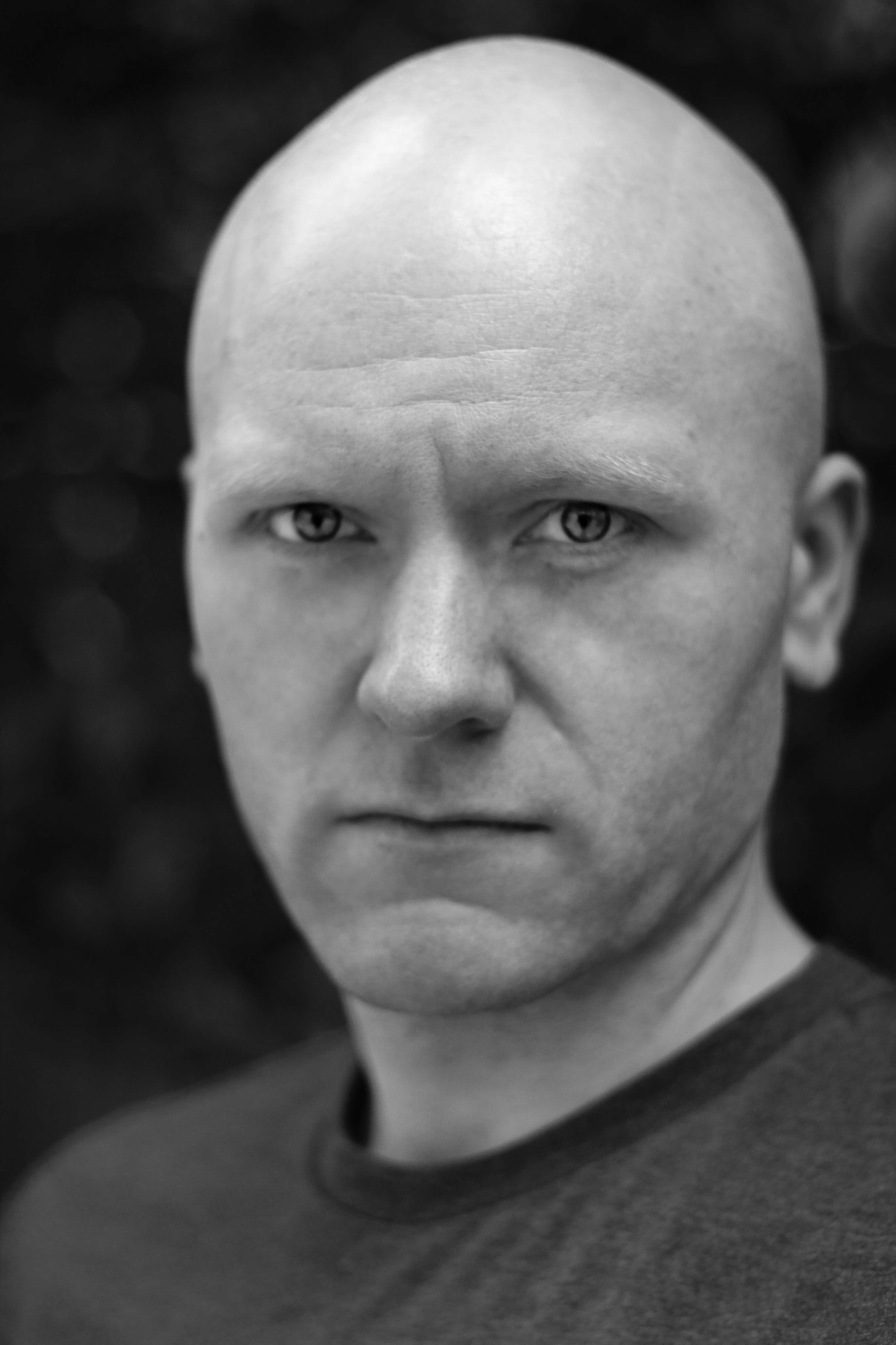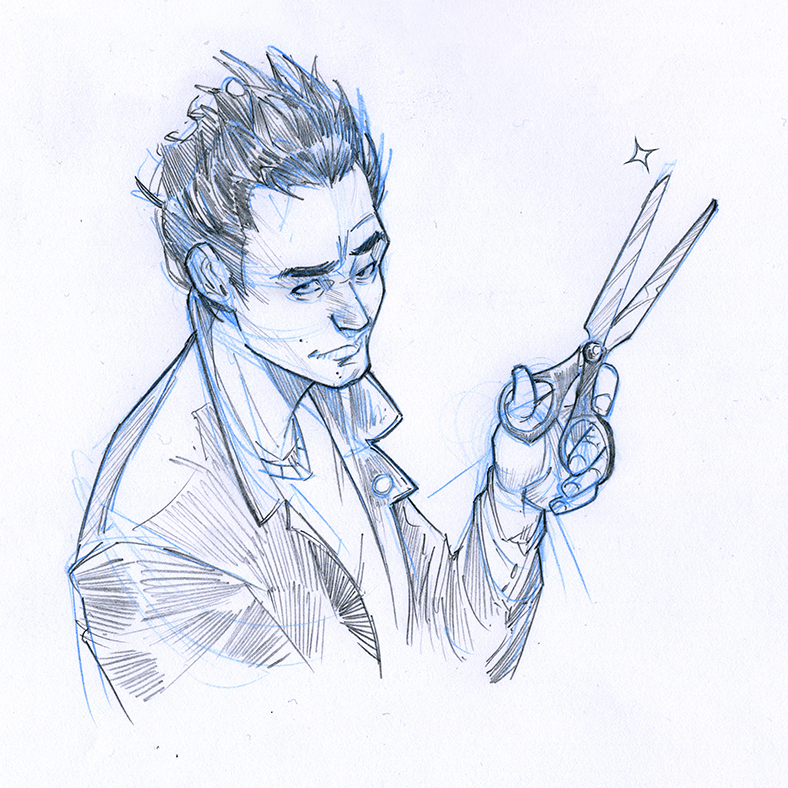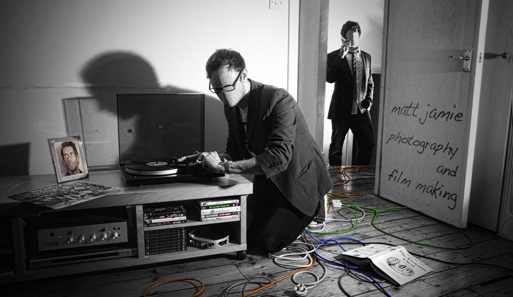ASK & DISCUSS
INDEXShould TV dramas wrap up all their storylines in the season finale? Or is it ok to leave us hanging?
11 years, 8 months ago - Nick Goundry
I recently watched Orange is the New Black and last year there was House of Cards, both on Netflix and both great dramas. But the quality's not my focus here. Both shows ended with major story lines left unresolved, which is a continuing trend in TV drama, especially in the US.
I understand the cliffhanger approach to get viewers back for the next season, but what happens if the show doesn't get a renewal?
When a show is written and filmed only a few weeks ahead of broadcast, then the writers presumably have the flexibility to adjust their plans and wrap up the narrative if they face cancellation. Aaron Sorkin and his team did something along those lines when Studio 60 on the Sunset Strip got cancelled.
Netflix is a different model and spent around $100 million on the complete first season of House of Cards, making all the episodes available at once. But if the show had bombed, (***spoiler alert***) presumably audiences would have been left never knowing whether Francis Underwood ever answered for his crimes, despite Zoe and her colleagues being on the case by the last episode.
Orange is the New Black (***spoiler alert***) is even more open-ended and fails to wrap up any narrative strands in the season finale.
Should TV dramas feel an obligation to wrap up in a complete season arc? And are they prioritising advertisers and network demands over their audience by leaving stories unresolved?
Only members can post or respond to topics. LOGIN
Not a member of SP? JOIN or FIND OUT MORE
11 years, 7 months ago - Lee Hutchings
I could be wrong, but wasn't the Star Trek: The Next Generation two-part episode: 'The Best Of Both Worlds' the first to use an end of season, open ended cliffhanger?
11 years, 7 months ago - Yaya Leone
I saw an interview with David Lynch about Mulholland Drive a few years ago where he said that what if a book is being written by a great writer which is his finest work - a true masterpiece, but the writer dies before finishing the end of the book. Everybody loves the book and want to know what happened, but there is no one to ask because the writer is dead. Lynch said that that was the kind of film he wanted to make and I think it's an interesting approach. It might be stating the obvious, though the decision whether to provide the audience with closure is for the writer to make and it's up for the audience to decide if they like it or not.
Saying that, as an editor I agree with Matt that in TV series they should try and close the main threads of the season and if they want a cliffhanger it should be introduced at the end - that would be the professional thing to do.
My believe is that if we introduce more rules that support what the audience think they want to see, we will end up with more cookie cutter shows and soaps. I would personally like to see more producers who are capable of making bold decisions with format and story archs when telling a great story as they don't seem to be widely available in TV so be careful what you wish for :-) Make good stories that make sense in whichever way you think is right creatively and commercially, sometime you'll fail when taking a risk and sometime you'll just hit that very sweet spot.
11 years, 8 months ago - STEVE HANDLEY
I tend to agree with Paddy. Many people blame the 'unending ending' on The Sopranos but I don't think there was any doubt about it. Worst offenders The Fall on BBC tv - a great, gripping series until those last five minutes and the supertitle - TO BE CONCLUDED. Also on the BBC Bad Cop - another gripping series which I know had a life imitates art clash re the murder of two police women but it was an unsatisfactory ending with possibly 2 (?) episodes missing.
11 years, 8 months ago - Paddy Robinson-Griffin
I find it poor manners to abandon storylines.
I see storytelling as a contract between the writer and audience 'I'll take you on a great journey if you trust me and invest in it'. Abandoning storylines is a betrayal of that trust, exchange, contract. It makes it harder to 'love' again.
I think it is a symptom of the studio/network production model where they will pilot dozens of shows, run the popular ones, and axe in a hearbeat if it loses popularity. It means writers have to front-load their story hooks (for want of a better term) to get commissioned, provide episodic storylines within the neat 42'30" each week plus move the overall story along a little, and cannot plan for a nice clean story arc never knowing if the show will run for 5 episodes or 100. This is a systemic problem in US TV drama, particularly for the non-subscription channels.
If writers could be guaranteed a story length, I'm certain they'd come up with nice story shapes and deliver them. As it is they're being asked to write for all different lengths at the same time, so trying to make a square peg fit into the square, star, hexagon and round holes at the same time.
I hate the model of 'see what sticks and flog it to death'. It pretty much guarantees each show will run until it is awful and cancelled.
'Lost', for instance, threw out loads of hooks and storylines they clearly never even intended to close properly. That's not a fair exchange for the viewer. 'Moonlighting' at least subverted their cancellation/last episode by shattering the fourth wall, but should have been killed long before. The opposite extreme might be something like 'The Shadow Line' which was written as 6 x 1h with absolutely no prospect of extension or recommissioning. Having a finite span from day one meant the story could be paced just right.
My 2p.
11 years, 8 months ago - Michael Trott
Obviously the producers do it to create pressure on the network to renew.
But does everything always need to be wrapped up? in Orange is the New Black we have a nice (spoiler alert) middle class lady brutalised by the system. It's a commentary on the prison system and the message is in part "if this nice lady becomes a killer, what chance does your average working class uneducated street criminal have?"
If this had been a film we might have been happy to leave it at that. So why must it be different for TV.
Personally, I was content the way Season 2 of The Bridge ended on Saturday. SPOILER ALERT I know there is a season 3 but if *that* character what done the bad thing isn't in season 3 and they want top start over that's fine.Mick
11 years, 8 months ago - Nick Goundry
So, spoiler alert in this post. Matt, I agree that there should be more resolution for audiences, especially if a series hasn't been renewed.
Mick, I found Orange is the New Black particularly frustrating because there were no resolutions at all. Piper apparently broke up with both her fiance and her girlfriend, but both of those strands felt unresolved, and then her final prison yard scrap was ambiguous. Lots of blood, sure, but we don't know anyone died. It was basically like the end of a second act. If it had been a film ending that way there would have been an outcry.
I haven't seen The Bridge but The Wire was very self-contained over five seasons. They focussed on a different facets of Baltimore society each season, which I really enjoyed.
11 years, 8 months ago - Matt Jamie
my view is they should wrap up the main thread of that season, and if they want a cliffhanger - introduce a new thread at the end. That way at least ones time watching 22 episodes hasn't been totally wasted...Several series have ended on cliffhangers along with totally unresolved storylines and not been re-commissioned. Which is frustrating (e.g. "Flash Forward", "The Event")
However, some series would have been much better if they'd been left unresolved - like the infamous finale to LOST which was simply terrible. There were so many questions in that series that trying to answer them all was never going to be satisfying.





